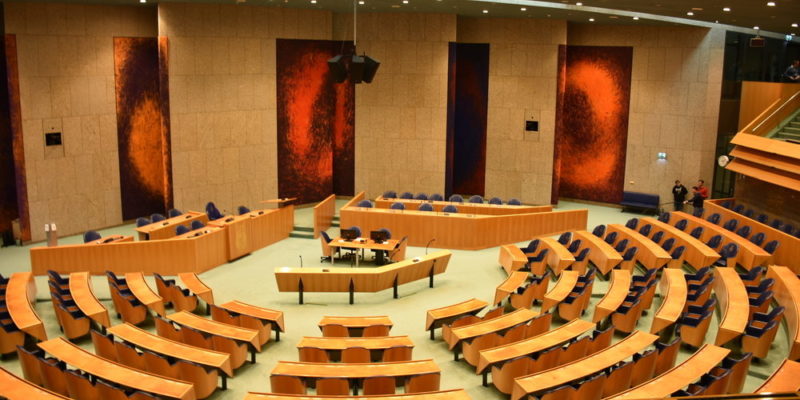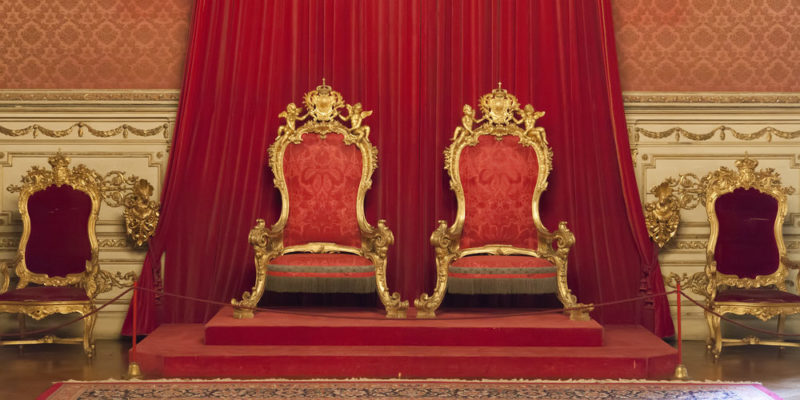We explain what a constitutional monarchy is, what its main characteristics are and some examples.
What is Constitutional Monarchy?
The constitutional monarchy arises in some countries with a long monarchical tradition , as an adaptation of the monarchy to modern times. This form of government preserves the figure of the monarch, but this has much more limited powers compared to those that the kings had in the absolute monarchies of the old regime. It is also called dual monarchy, because the power emanates from the people and the king.
The constitutional monarchy was a reaction or response of the monarchies after the emergence of what were the first republics such as France and the United States. Today, the Netherlands can be referred to as a constitutional monarchy , in which all powers held by the Queen are established by the constitution.
Characteristics of constitutional monarchy :
Not equal to parliamentary monarchy
Although they are used synonymously, a constitutional monarchy is not exactly the same as a parliamentary monarchy. However, both occur within the framework of a democratic system . Read on to learn about their differences.
Follow on: Parliamentary Monarchy .
-
Rise of constitutional monarchy
The king does not represent the sum of all powers

In a constitutional monarchy, the king is the head of state but does not represent the sum of all powers , as in absolute monarchies ; its powers are regulated by constitutional law.
-
Synergy between the traditional and the democratic
Differences with the parliamentary monarchy

In the parliamentary monarchy, on the other hand, the king is the head of state and its highest political representative, but the head of government is entrusted to an executive branch headed by a prime minister, who, as chief of staff, acts on behalf of the king, but in accordance with the democratic spirit and popular sovereignty. In other words, the position of prime minister is crucial in this form of government, because the political coordination of the State rests on it .
Legislative power is exercised by Parliament , the repository of popular sovereignty. The king endorses the laws and decrees that are drawn up and issued by members of Parliament and the Executive, respectively. In this way, the king's powers are reduced to the formal and ceremonial.
-
Limitations to the will of the monarch
Hereditary and life reign
In a constitutional monarchy, the title of king is hereditary and lifelong.
-
Functions of the king in a constitutional monarchy
- Appoint the prime minister
- Manage foreign relations
- Sanction and enact laws
- Declare war and sign peace treaties
- Summon parliament or declare its dissolution at the request of the prime minister
- Grant amnesties and pardons
- Award honors and distinctions.
-
Strong and weak constitutional monarchies
 Constitutional monarchies fall into two classes: strong and weak constitutional monarchies. The former give the king more powers within the executive branch , such as the power to dissolve parliament and call elections. In the latter, the monarch's powers are only formal or symbolic in nature.
Constitutional monarchies fall into two classes: strong and weak constitutional monarchies. The former give the king more powers within the executive branch , such as the power to dissolve parliament and call elections. In the latter, the monarch's powers are only formal or symbolic in nature.
Examples of current constitutional monarchies
Some current monarchies under this modality are:
- Belgium
- United Kingdom
- Liechtenstein
- Holland
- Norway
- Sweden
- Denmark
Luke is passionate about fostering student involvement and connection. He studied psychology for his major and likes learning about the past. Luke aims to specialize in artificial intelligence and cybersecurity. .
Leave a reply
Your email address will not be published. Required fields are marked *Recent post

Sport: What Is It, Types, Risks, Features, Characteristics and Examples

Dogs: Emergence, Features, Characteristics, Feeding and Breeds

Story: Definition, Elements, Structure, Features and Characteristics

